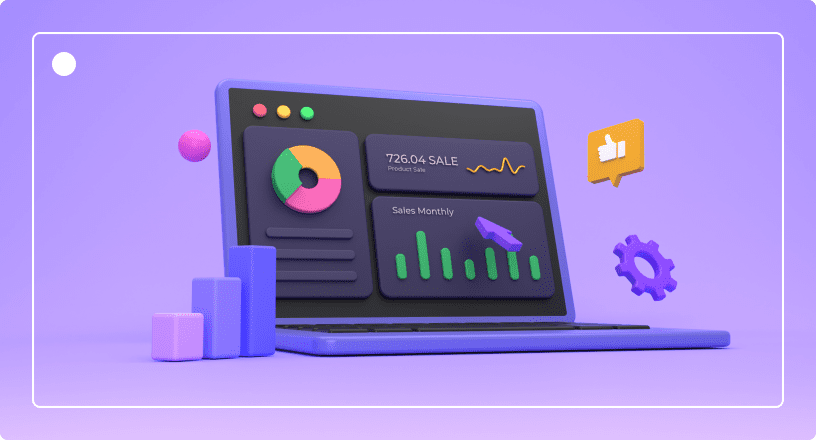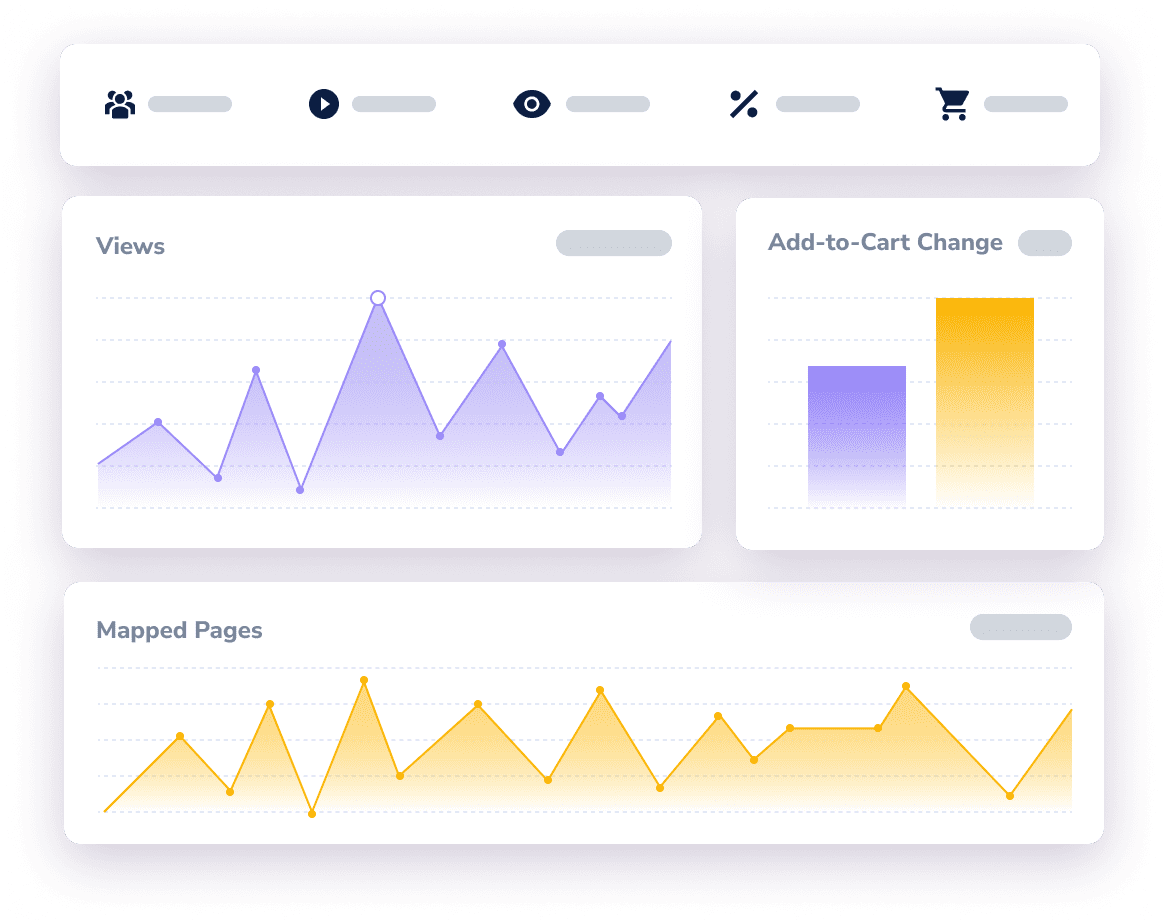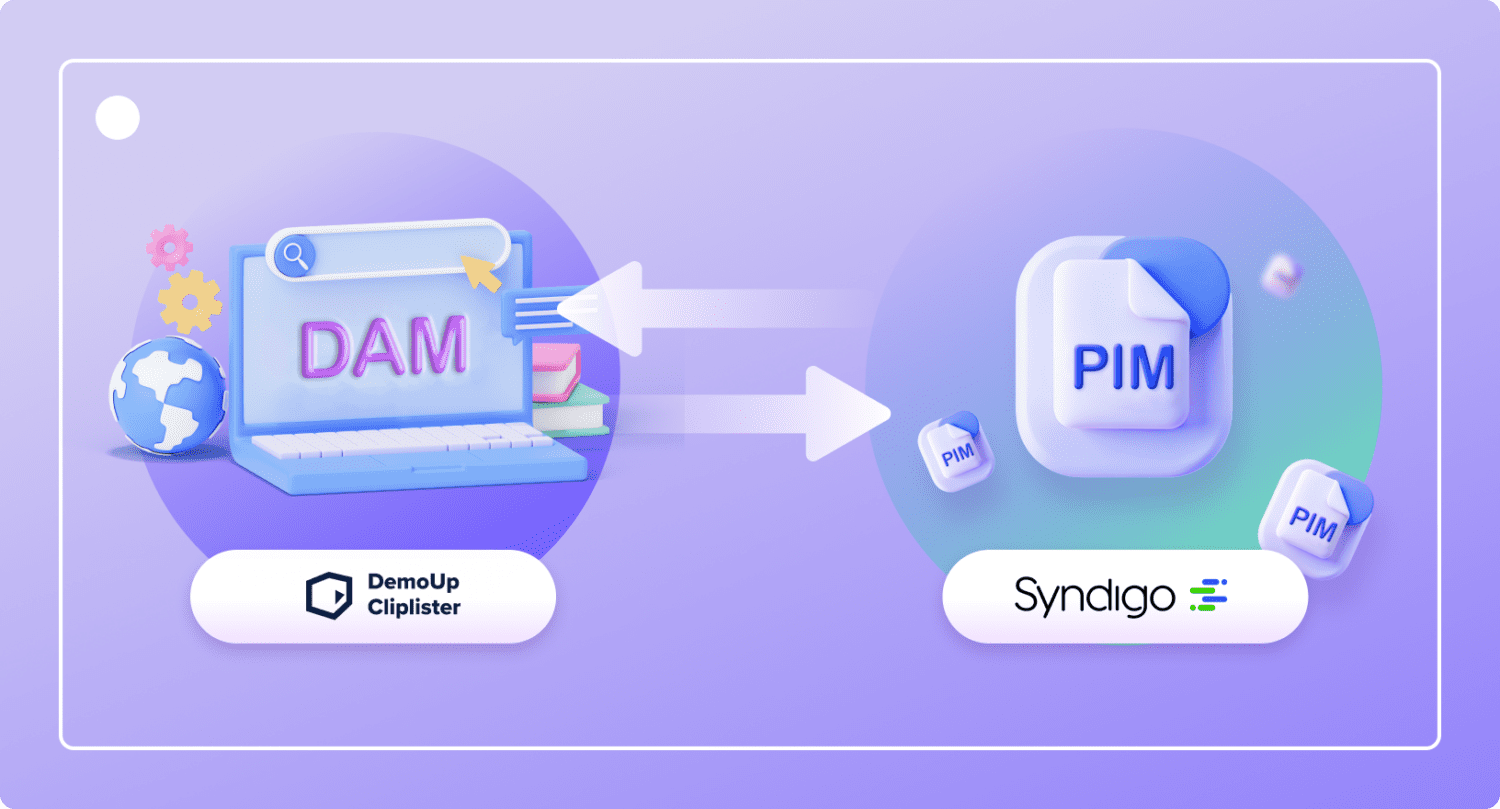Data-Driven Marketing with Content Intelligence
Digital Asset Management
Updated on February 17, 2025
Data-driven marketing is a powerful strategy for eCommerce businesses, allowing them to target their marketing efforts more effectively and achieve better results. Content intelligence is an effective tool for analyzing this data.
Content is still king, so a digital asset management system with built-in intelligence functions can help eCommerce companies take data-driven marketing efforts to the next level by creating educational and inspiring content.
This approach better supports their products and services and helps customers throughout the purchasing process.
One key component of data-driven marketing is content intelligence. But what exactly is content intelligence, and how can it help eCommerce businesses?
The Definition of Content Intelligence
“Content intelligence is the use of artificial intelligence (AI) technologies to understand and capture the qualities inherent in any content — its emotional appeal, subject, style, tone, or sentiment, for example.”
Source: Forrester Glossary
In other words, content intelligence is a type AI that uses natural language processing (NLP) and machine learning algorithms to automatically analyze and understand unstructured text data. This can include anything from product descriptions and customer reviews to social media posts and website content.
Why Content Intelligence is Important
By using content intelligence, businesses can gain valuable insights into the language, tone, and sentiment of their online content. This can help them to improve the relevance and effectiveness of their marketing messages and better target their audience.
The goal of content marketing is to deliver the right content to the customer at the right time, in the right place. Content must deliver added value to the recipient and provide them with useful additional information in their purchase decision phase.
Here are some other examples of important insights you can gain with a content intelligence platform:
- Optimizing content for search engines and other platforms
- Analyzing customer interactions with content to identify preferences and trends
- Identifying the most effective types of content for different audiences
- Identifying the most effective channels for reaching customers
- Understanding areas for improvement in the content approval process
- Finding areas for improvement in the content creation process
- Tracking the omnichannel use of content
Content Intelligence as Part of the Modern Sales Cycle
Content intelligence is particularly useful in the modern sales cycle. With more and more consumers researching and comparing products online before making a purchase, it’s important for eCommerce businesses to have a strong online presence. By using content intelligence, businesses can optimize their web content and product descriptions to rank higher in search results and appeal to potential customers.
In general, content intelligence supports marketers in the following disciplines:
- Content analytics
- Creation and distribution of content
- Content optimization
The Benefits of Content Intelligence
In addition to improving search engine optimization (SEO), content intelligence can also help eCommerce businesses to understand their customers better. By analyzing customer reviews and feedback, businesses can identify common themes and trends, such as:
- Product strengths and weaknesses
- Customer pain points
- Overall sentiment towards their brand
This can help businesses to make informed decisions about product development and customer service.
How to Use Content Intelligence to Your Advantage

Furthermore, content intelligence can provide eCommerce businesses with insights into the performance of their marketing campaigns. High-quality content is one of the most important factors in search engine optimization and promises a significant ranking advantage.
If the content also appeals to the right users, it significantly boosts conversion rates. By analyzing customer interactions with content, businesses can track the effectiveness of their messaging and adjust as needed.
Content intelligence can be broken down into the following categories and metrics:
Measure Relevant KPIs
Here are some of the recommended KPIs to track for an eCommerce business:
- How long does the approval process of digital content take?
- How long does it take to create various smaller file formats?
- What is the best or worst performing content?
- Where is your content?
- How do your customers consume content?
- How efficient is the content workflow?
- Where can creative bottlenecks be eliminated?
Furthermore, content intelligence can provide eCommerce businesses with insights into the performance of their marketing campaigns. By analyzing customer interactions with content, businesses can track the effectiveness of their messaging and adjust as needed.
Content intelligence can be broken down into the following categories and metrics:
Information on the use of digital assets:
Marketing requires a deep level of granularity for eCommerce businesses. You need detailed data on individual assets like images, videos, 3D models and everything else. Here are some metrics useful for identifying high-performing digital assets:
- Downloads
- Page views
- Number of embeds
- Search queries
- Keywords
- Tags
Information on user activity:
Knowing how your stakeholders (your retail partners) use your digital assets helps you optimize the content creation process. Based on these usage patterns, you can prioritize content and file types that match your partners’ preferences and enable them to sell more of your merchandise.
Useful activity metrics include:
- Sign-ups
- Location data
- Dwell times
- Bounce rates
- Conversion rates
Improving Your Internal Processes
By focusing on and measuring KPIs like this over time, you can identify key areas for improving the customer experience.
Customers stick to sites that have useful, relevant content, and avoid sites that don’t. Plus, access to content intelligence metrics are some of the key reasons why digital asset management has become the backbone of marketing operations.
Conclusion
In conclusion, content intelligence is a valuable tool for eCommerce businesses looking to improve their online presence and better understand their customers.
By using digital asset management systems with integrated content intelligence functions, businesses can gain valuable insights into their online content and marketing efforts.
DemoUp Cliplister believes in data-driven approaches. Talk to a consultant today to see how the leading digital asset management software for eCommerce businesses can help you both manage your product content and make more informed decisions to drive growth and success.
For more information about DemoUp Cliplister’s products and services, visit the homepage.
Better Content. More Sales.

Fill out the form to discover our end-to-end eCommerce content solutions for brands & shops




